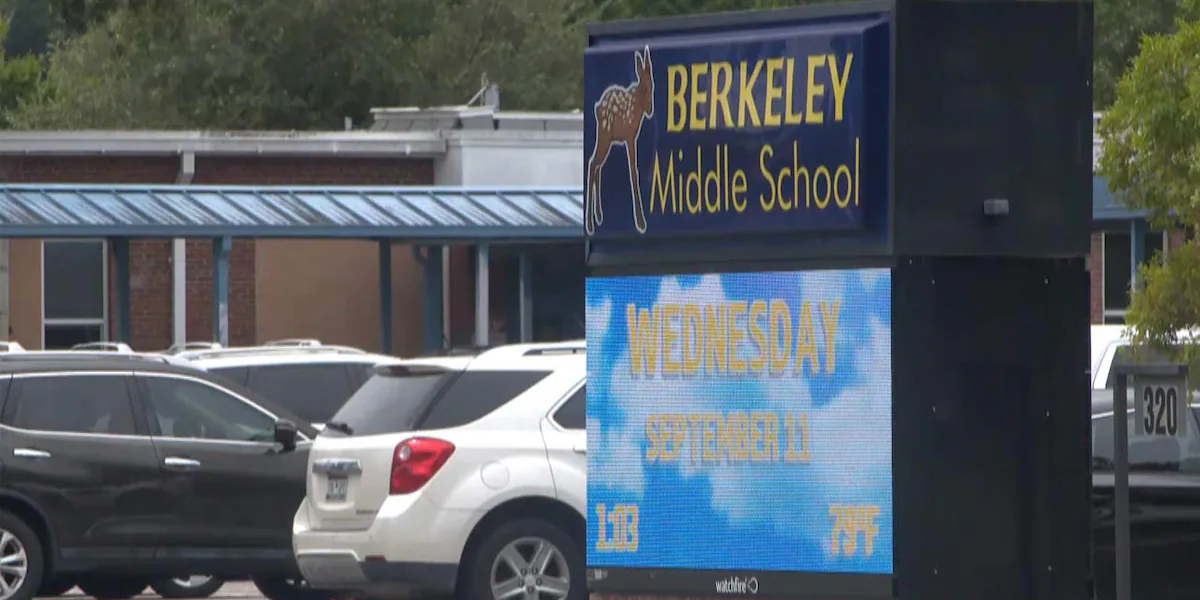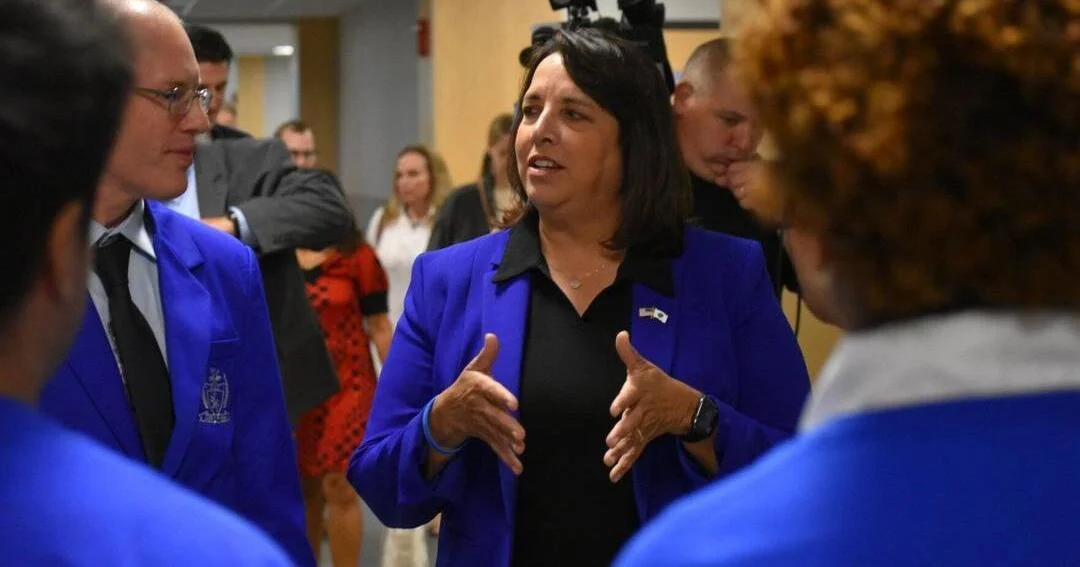
Back in December, the Education Oversight Commission inadvertently uncovered massive misspending in South Carolina’s then-new private-school voucher program: More than a third of recipients of the first of four $1,500 installments of funding were ineligible to receive them.
The Education Department had discovered the problem at the earliest point state law made that feasible, and of course refused to provide the other three installments to ineligible families.
It took until March for the problem to get any public attention, but that was still plenty of time for the Legislature to add some protections when it rewrote the voucher law and sent to the governor in May. It didn’t.
Instead, what we heard from all those legislators who would have been appropriately outraged by such widespread fraud in any other welfare system — and we’re not aware of widespread fraud in any other state-operated welfare system — was crickets.
Now, Columbia’s State newspaper reports that the Education Department made no effort to claw back any of the more than $1.5 million received by parents who weren’t eligible.
The agency tells us that information about how much if any of the money has been reimbursed isn’t “readily available” but will be included in a report due out later this fall; we look forward to seeing that report. Without a claw-back effort, we wouldn’t expect much money to be returned, but usually some number of people who are informed that they were not qualified for the government largess they received do return it. Sort of like the way honest people will let their bank know if extra money mistakenly shows up in their account.
Education officials said state law doesn’t provide a mechanism for clawing back the voucher money, but that doesn’t mean they couldn’t have asked people to return it when they explained they would not be distributing any more. They should have. They still should.
They also should have asked the Legislature to fix that big fat hole in state law. They still should do this as well. Not that the Legislature should need to be asked.
A spokesman pointed us instead to a provision in the law that allows the agency to refer any instances of “substantial misuse” of voucher money to law enforcement.
We’re glad that option is in the law, sort of: We’re not aware of state agencies needing special statutory permission to report possible fraud to law enforcement; it strikes us more as language that was inserted into the law so legislators could claim they added some safeguards in a law that has practically none. Beyond that, reporting to law enforcement any instances of “substantial misuse” — which the law defines as “wilfully and knowingly receiving or spending any portion of a scholarship for any purpose other than a qualifying expense” — shouldn’t be optional; it should be mandatory.
Moreover, there should be a step between “prosecute someone for fraud” and “let the parents keep taxpayer money to which they had no legal right.” That step should require the Education Department to order parents to return the money. Whether the parents willfully and knowingly defrauded our state or were just careless, getting our money back should be on somebody’s to-do list.
While we hope the problem won’t be anywhere near as large in the future, it almost certainly will recur, because state law requires the Education Department to disburse the first tranche of voucher money in July. But the state can’t easily verify whether students are enrolled where they’re supposed to be until 45 days into the school year. Ideally, the Legislature would clear up that problem as well, so we can ensure that recipients meet the legal criteria before they’re handed any of our tax dollars, but we’re not holding our breath for that.
Education officials also need to do a better job of explaining to parents who is eligible for the free government money — and to put as much threatening language in applications as they can get away with: Even without any penalties in the law, they certainly could say “You will be expected to return the money if it is determined this fall that you were not in fact eligible.” That should prompt honest parents who really just don’t understand the requirements to take a closer look, and maybe ask questions.
We realize that the problems with this law flow almost entirely from the Legislature, and that standing up a brand-new program like this is difficult, particularly when it’s in the middle of a lawsuit challenging its constitutionality. We realize too that advocating for a voucher law was a big part of Ellen Weaver’s career before she was elected education superintendent.
But voucher supporters ought to be the first ones to insist that the program is as clean as possible, if for no other reason than to avoid giving ammunition to those of us who believe the whole thing is a bad idea.
It’s not too late to make the changes that will slow our accumulation of ammunition.
Click here for more opinion content from The Post and Courier.



